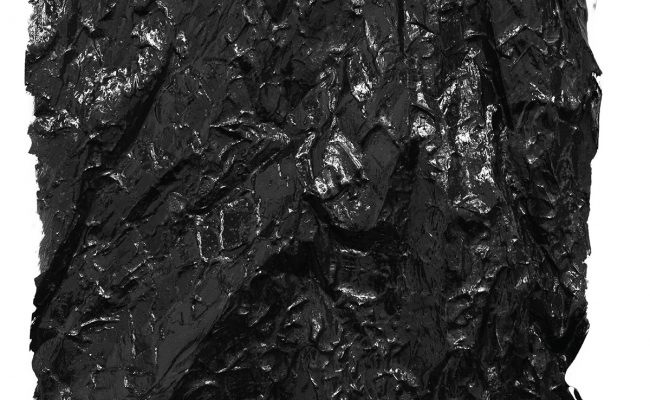In ‘Mental Ears and Poetic Work’ JH Prynne writes that “no poet has or can have clean hands, because clean hands are themselves a fundamental contradiction. Clean hands do no worthwhile work.” Resistance is the tenor of reality, and action in it is compromised, bloody-handed, in the world and of it. In some senses it can seem that an ever-larger stake of leftist discourse is consumed by a miserabilist scramble for seniority on a narrowing mesa of unhistorical piety. In the crisis of social, ethical, and ecological collapse that greets us daily, clean hands look more than ever like magical thinking.
‘It’s getting dark’, we wrote in our first editorial in December, at what would turn out to be only the cusp of an apocalyptic fire season; and then Covid, isolation, quarantine, the tumultuous end of the neoliberal dispensation. Society turns out to exist, says Boris, it has emerged from a coma in an abandoned soviet bunker, and slouches towards Bethlehem to be born. We invited writers, poets, activists and philosophers to think about radicalism for us, and the image that emerges seems to hover on the margins of possibility between an insubstantial mirage, and a possibility that reformulates itself daily.
Justin Clemens has arranged a frenetic etymological poetics of critique. Elena Gomez confronts the question of an obscured Marxist-feminist poetics and concludes that it is inaccessible to the stand-point of dominant history, but she stitches the shapes of its possible absence with aphorism and ellipsis – do we find the radical fragmented in the pockets and lacunae of the ordinary? Joshua Mostafa’s ‘Practical Epiphanies’ arranges glimmers of its possibility in the transformative power of Badiou’s event. Moving from the possibility of radical hope to the prospect of hope as a radical possibility, Omer Wissman’s ‘Parallel Dimensional Man’ accelerates Marcuse’s consumer-ideology thesis into a parodic ‘heresphere’. Don’t ask where it goes, it goes where nowhere goes. Where rationalism looks increasingly like an exhausted tradition, other shores offer the responsibility of rooted presence, writes Clelia Rodriguez in ‘Radical Love’. Accurate thought is definitionally untimely, swinging a lantern into the absolute daybreak of the death of god, and aj Carruthers revivifies the possibility of prophecy in ‘Prognostications’. As the bushfires overturned perspective and ideology in a climax of ecological stupidity, so Micaela Sahhar shows us how the predicament of the Palestinian people foregrounds the starkly limited moral imagination of late capital, and its inability to confront climate change. Perhaps radicalism is a question of meaningful attention. The thirteen-year-old protagonist of In My Blood It Runs (2019) Dujuan Hoosan reminds us that radical can be something as simple as listening to what has always been there.
Solidarity.
Read the rest of Overland 238
If you enjoyed this piece, buy the issue




